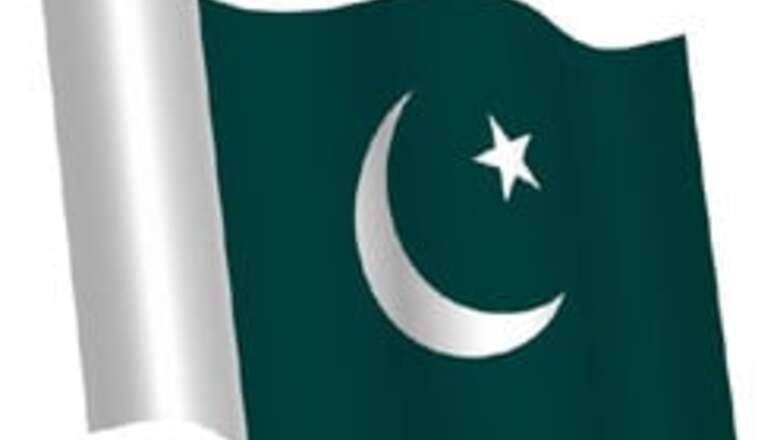
views
New Delhi: India is closely “monitoring and verifying” the crackdown by Pakistan's security and intelligence agencies on some terrorist outfits in that country and is hoping that Islamabad will move beyond “tokenism” and take “concrete, meaningful action” against the suspects behind the Mumbai terror attacks.
“It's too early to react. We have seen this kind of reaction in the past,” top government sources, who did not wish to be named, said on Tuesday, a day after Pakistan confirmed a quiet crackdown by its security agencies on known terror outfits in that country.
“We have to move beyond mere statements and tokenism. At this stage, nobody is interested in tokenism,” sources privy to the government's thinking on the subject said.
“There has to be real, meaningful action that will signal Pakistan's will to walk the talk on terror,” the sources said, while alluding to similar action by Islamabad in the past that did not stop terror attacks launched on India from Pakistani territory.
When asked to spell out what specific actions India sought from Pakistan, the sources said that the first thing Pakistan needs to do is to hand over fugitives wanted by India for major terror strikes, including the Nov 26 Mumbai attacks.
India has asked Pakistan to hand over at least three fugitives - mob boss Dawood Ibrahim suspected of masterminding the 1993 Mumbai violence, Masood Azhar, top suspect in the Dec 13, 2001 attack on Indian parliament and Hafez Mohammed Saeed, the LeT chief who is suspected to have masterminded the Nov 26 Mumbai massacre. Pakistan has rejected India's demand saying it would act against them under Pakistani law if India provided evidence.
With the US reportedly giving Pakistan a 48-hour deadline to act against anti-India terror camps, the authorities Monday arrested top Lashkar-e-Taiba (LeT) commander Zakiur Rehman Lakhwi and struck at the group's camps in Pakistan-occupied Kashmir. The LeT is widely seen as an anti-India terror outfit created by Pakistan's Inter-Services Intelligence (ISI) spy agency to wage a proxy war to challenge Indian rule in Jammu and Kashmir.
Pakistani Defence Minister Chaudhary Ahmed Mukhtar Tuesday confirmed that Lakhwi had been arrested and that Masood Azhar had been put under house arrest.
Pakistan banned the LeT in 2002 under international pressure following the Dec 13, 2001 attack on the Indian parliament but it resurrected itself as the Jamaat-ud-Dawa that ostensibly runs Islamic charities and schools.
“That's why arresting a handful of LeT operatives is not enough,” sources said.
“It's nothing more then tokenism. They want to take minimum possible action to appease the Americans,” Satish Chandra, a former deputy national security adviser and a former Indian envoy to Pakistan, told IANS.
“If Pakistan wants to come out clean, it must shut down the entire infrastructure of terrorism and hand over fugitives from Indian law. Handing over Indians wanted in crimes in India does not require an extradition treaty,” Chandra said.
“If they round up leaders of Lashkar-e-Taiba and Jaish-e-Mohammed, arrest them and hand them over to India, that would be considered meaningful action. Nothing else will do,” K. Subrahmanyam, an eminent strategic expert, told IANS.
India is keeping open all its options, including precision strikes against terrorist camps and destroying them through covert action in the aftermath of the Mumbai attacks.
Other options, according to government sources and strategic experts, include intensifying international pressure and approaching the UN to declare Pakistan a terrorist state.
“We have many levers. We should step up lobbying and try to persuade the international community to tie aid to Pakistan with verifiable action against terrorist infrastructure in that country,” Chandra said.
“We should also consider dismantling anti-terror mechanism which will send the signal to the world that it's simply not working in the face of Pakistan's behaviour,” Chandra said.
“It is like getting into bed with your rapist,” Chandra added.
The anti-terror mechanism was set up by India and Pakistan in 2006 to address issues relating to terrorism so that the peace process between the two countries is not derailed by accusations over the origin of terror attacks













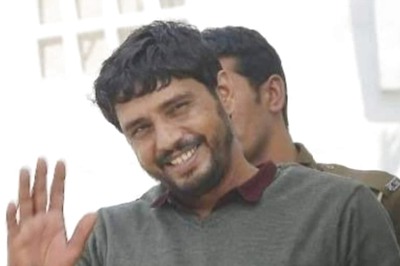
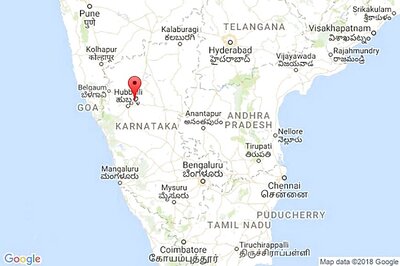

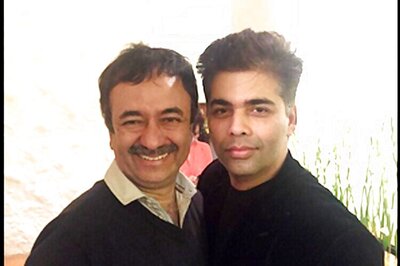
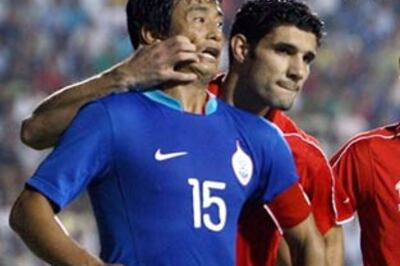
Comments
0 comment